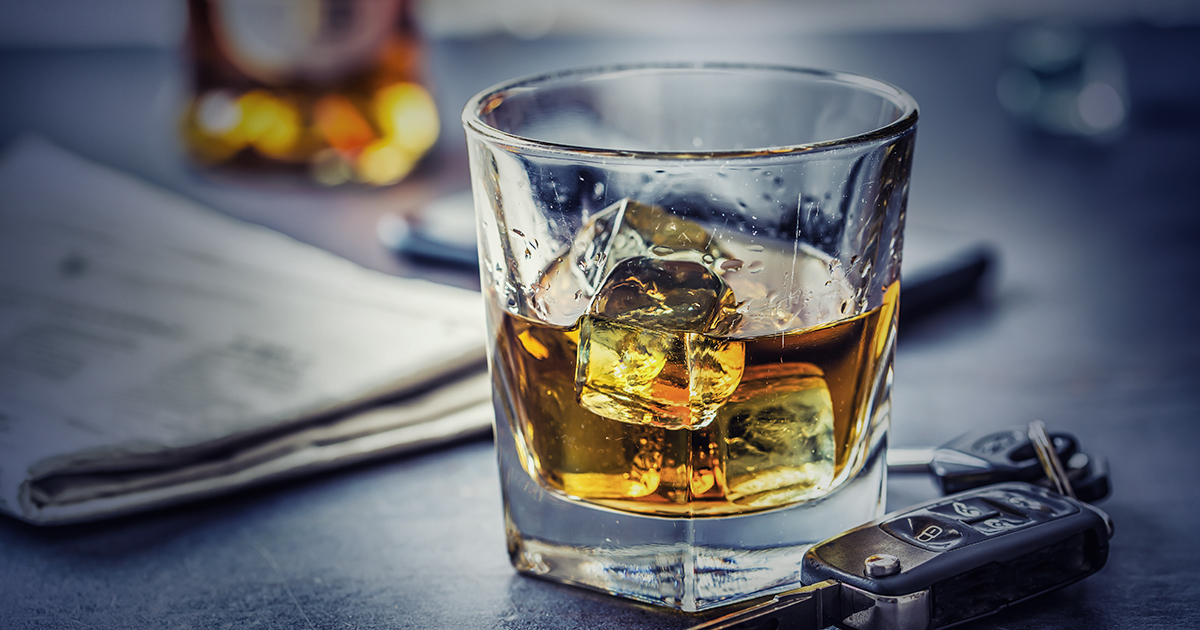Available 24/7 and Obligation Free
Available 24/7 and Obligation Free
Available 24/7
Our DWI legal services teams provide you with insight and guidance on hundreds of DWI issues. Trust us to navigate your case with expertise and dedication.
Aggravated DWI is a more serious charge than a regular DWI in New York State. It is defined as driving with a blood alcohol content (BAC) of 0.18% or higher. The legal limit for drivers 21 years of age and older is 0.08%. So, an aggravated DWI charge means that the driver was twice over the legal limit.
A Common Law DWI charge in New York State (NYS) is a charge of driving while intoxicated, even if the driver’s blood alcohol content (BAC) is not at or above the legal limit of 0.08%. This type of DWI charge is often brought against drivers who refuse to take a breathalyzer test.
In New York State (NYS), a Per Se DWI (Driving While Intoxicated) charge is a specific type of drunk driving offense that is based on a driver’s blood alcohol content (BAC) level. This charge is separate from the common law DWI charge, which does not rely solely on BAC measurement but instead considers a person’s ability to operate a vehicle safely while under the influence of alcohol or drugs.
There are a few factors that can affect the penalties for a first offense DWI charge, such as your blood alcohol concentration (BAC), whether you have any prior driving offenses, and whether you have a commercial driver’s license.
It is not so easy to find a DWI attorney. People sometimes treat, and attorneys represent DWI charges as if they were simple traffic tickets. As a result, it can dramatically affect someone’s job, finances, freedom, and their ability to be valued members of our society.
With the government having access to an unlimited amount of resources to convict people, many times, people are forced to plead guilty to something that they either were not guilty of or something that would affect the rest of their life.
That’s why if you are facing a DWI charge, you need a competent, experienced, and respected attorney to defend you. The DWI TEAM is comprised of some of the most accomplished DWI professionals in New York state.
Nave Law Firm has brought together these exceptional professionals as The DWI TEAM to offer DWI defense services of the highest order. With Nave Law Firm’s leadership, The DWI TEAM provides our clients with seamless service using the most cutting edge defense strategies in seeking the best outcome possible in their case.
Your Trusted Advocates for Effective, Affordable, and Personalized Defense
If you or a loved one has been charged with a DWI or any other driving offense, contact the DWI TEAM. We will carefully examine the specifics of your case, and if we do not feel we can help you, we will not take any money.
We are dedicated to reducing or dismissing your charges. Contact us today for a FREE case analysis.
DWI laws apply universally to all courthouses in New York. However, every courthouse has its own culture and expectations about how a DWI case should be prosecuted and punished.
The local attorneys for the DWI TEAM have worked in courts throughout the counties in New York and have intricate knowledge of the culture, rules, and procedures prevalent in each courthouse. They know how to pitch their case and tailor a defense accordingly.
The attorneys that represent the DWI TEAM have also fostered and developed a professional relationship with the judges, court staff, and prosecutors of each courthouse.
The attorneys with the DWI TEAM understand the stress involved in facing criminal charges. They particularly understand the complexities and complications of fighting a DWI case. For that reason, our attorneys are accessible to clients, answering their calls directly and promptly. Our staff provides moral and emotional support to clients at every stage of a DWI proceeding – from the inception of the case to post-conviction progress reports.
See Why No One Defends You Like Us




Our Results Speak for Themselves




Lorem ipsum dolor sit amet consectetur. Id amet scelerisque lectus pulvinar at amet. Magna vulputate.
A DWI becomes a felony when certain aggravating factors are present. In New York, a DWI is typically classified as a felony if:
It’s a second DWI conviction within 10 years.
There was a child passenger under 16 in the vehicle at the time of the offense (known as Leandra’s Law).
The DWI caused serious injury or death.
The driver has prior felony DWI convictions.
Felony DWI charges carry much harsher penalties, including higher fines, longer jail time, and extended license suspension or revocation.

